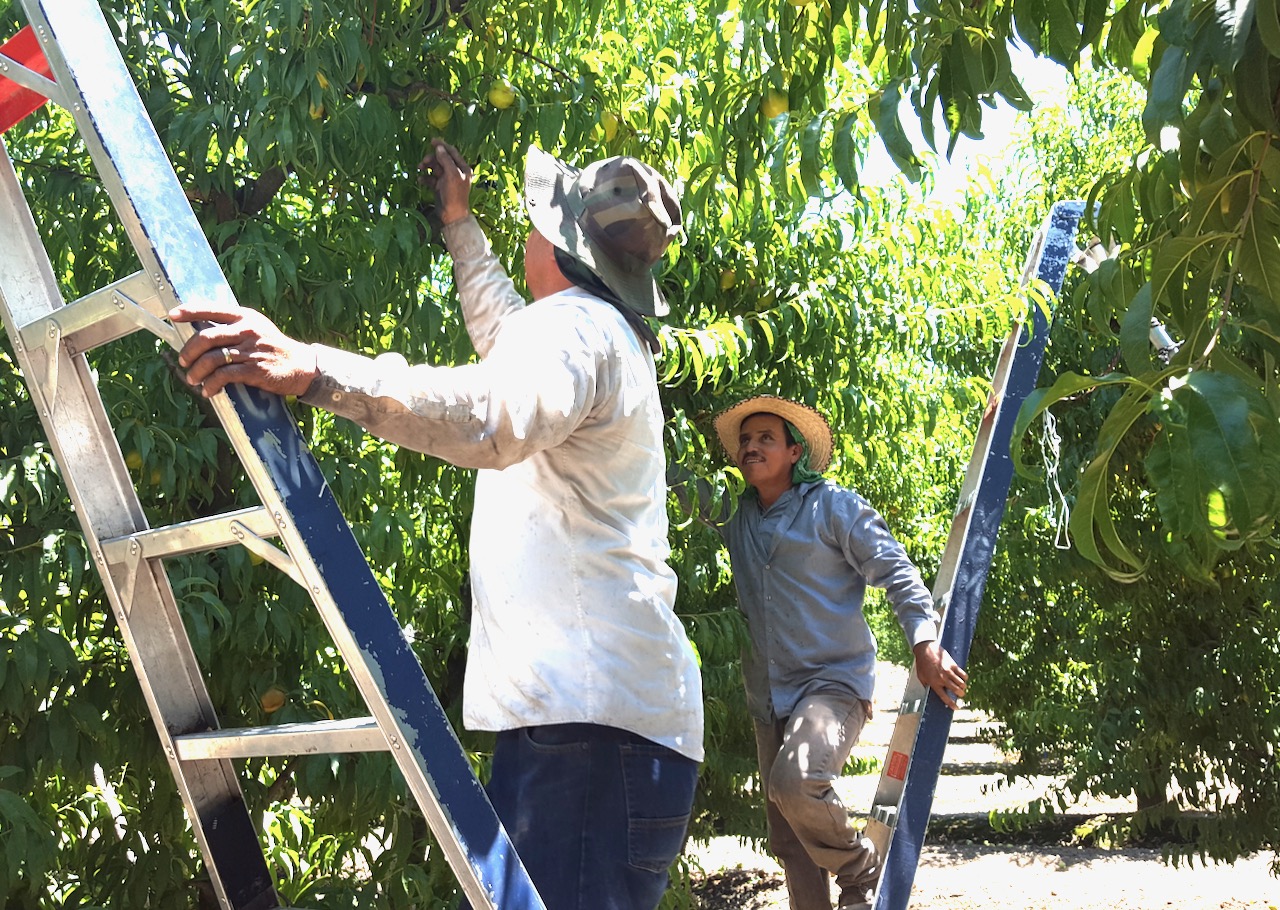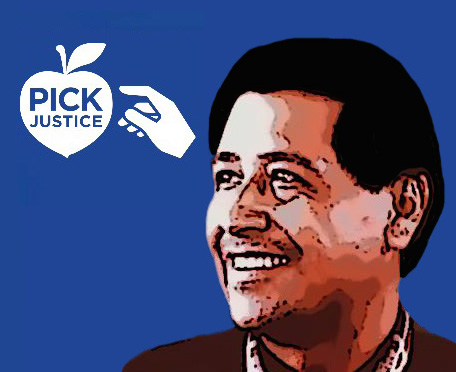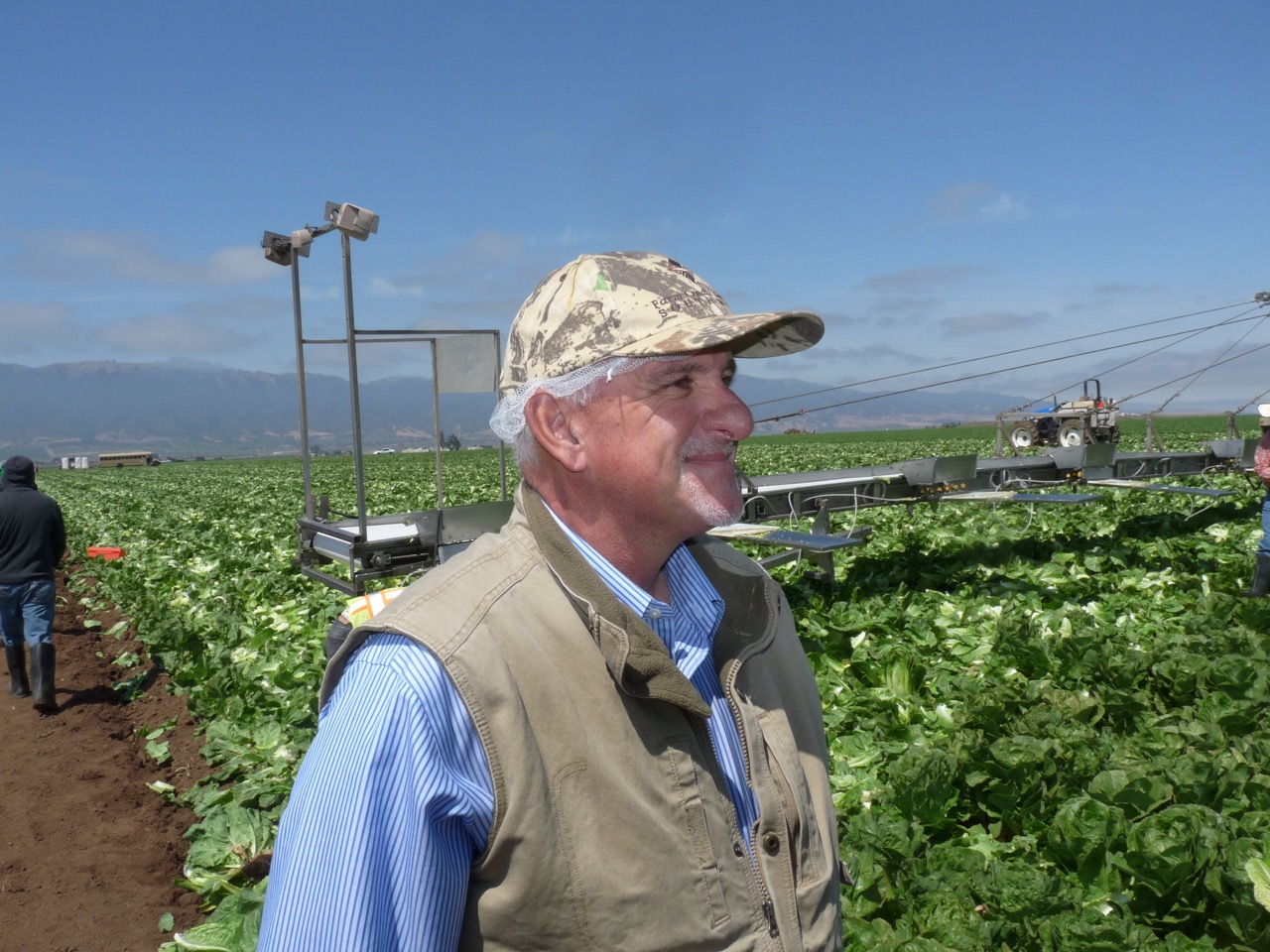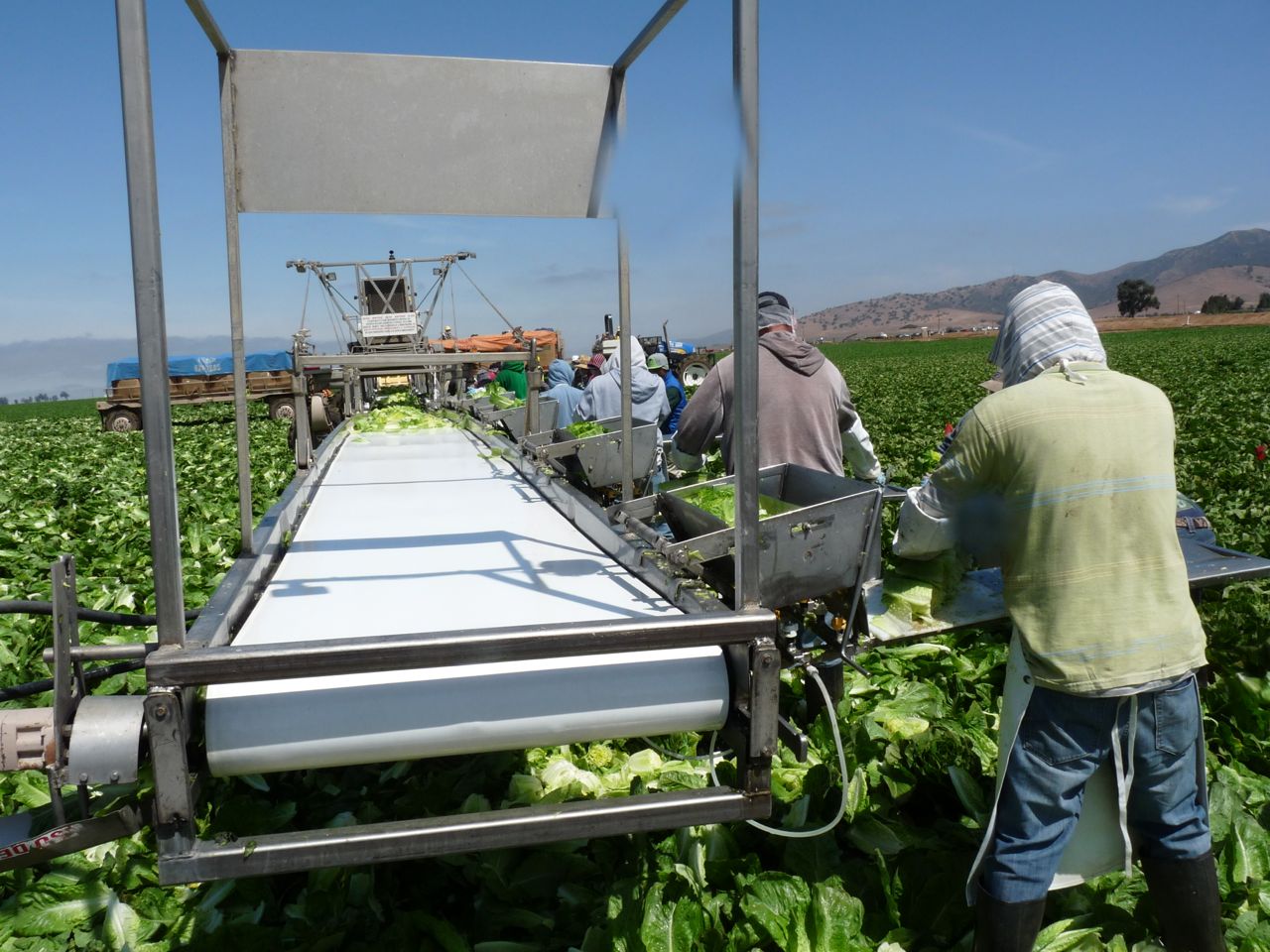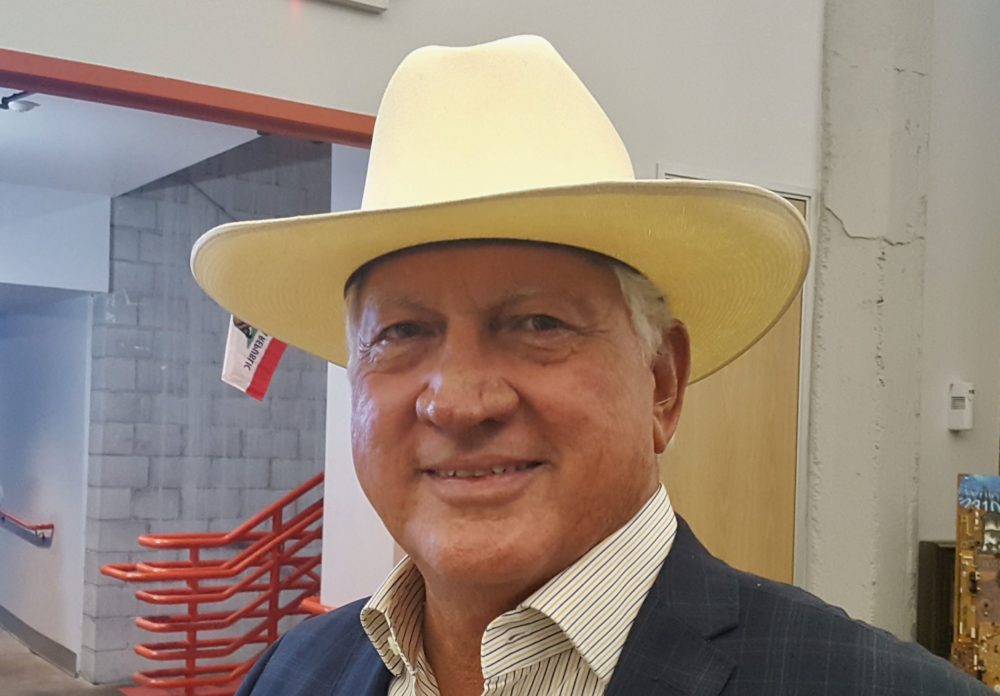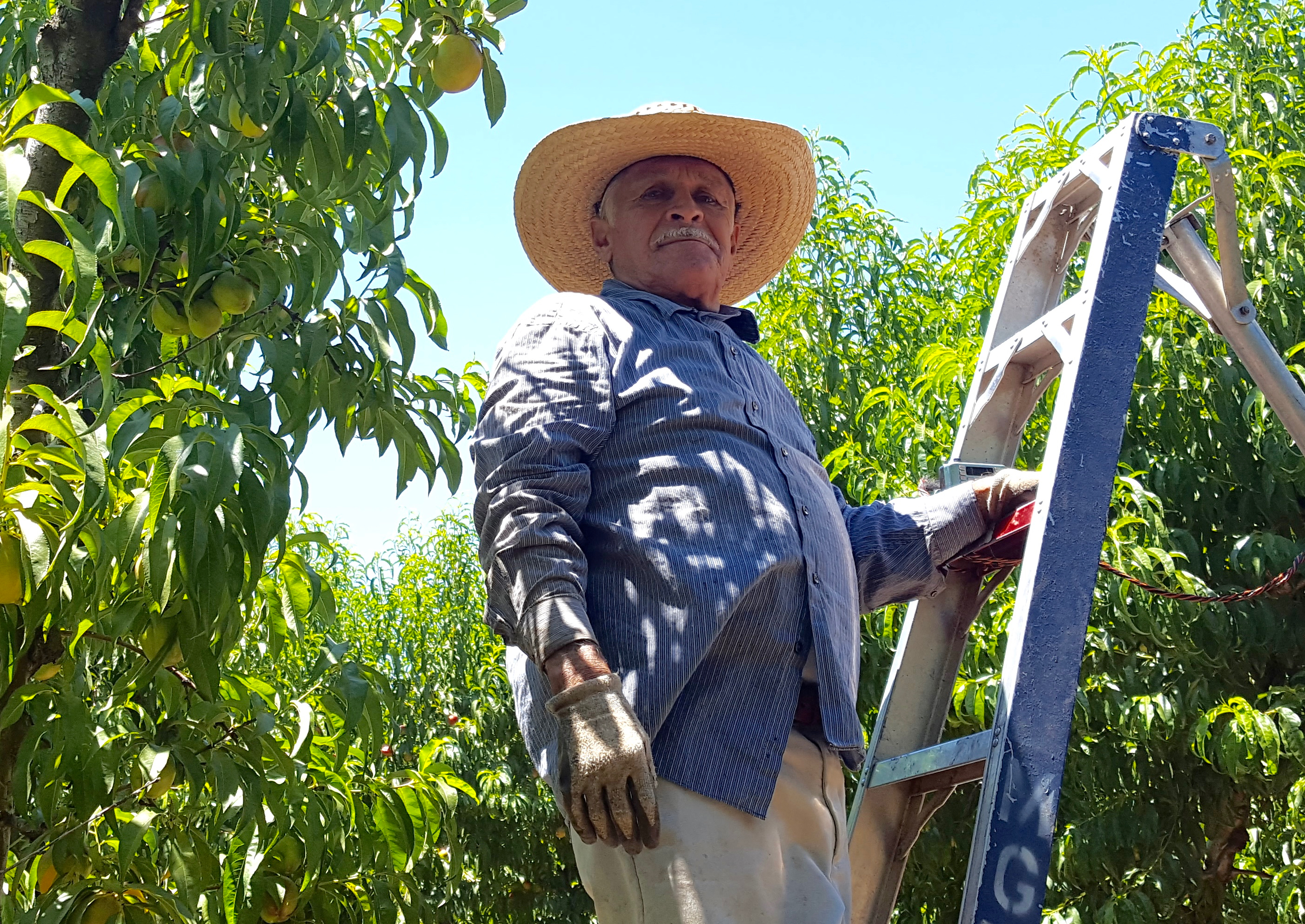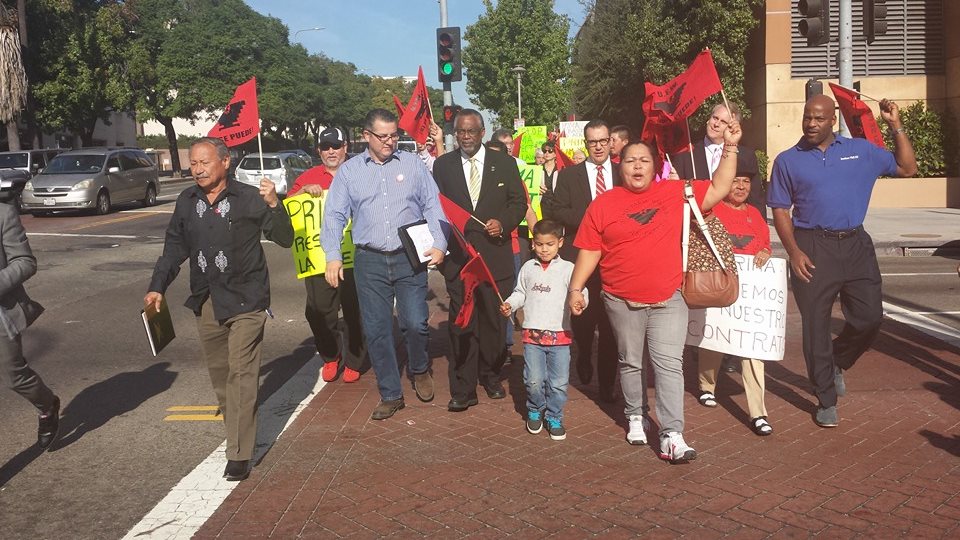Workforce Modernization Act Passes Hurdle
Workforce Act Must Come to Full House Floor
In response to passage of the Farm Workforce Modernization Act by voice vote in the House Judiciary Committee, Nov.20, Western Growers President & CEO Tom Nassif issued the following statement:
“Western Growers applauds today’s passage of the Farm Workforce Modernization Act in the House Judiciary Committee. We thank the lead authors, Congresswoman Zoe Lofgren and Congressman Dan Newhouse, and the bipartisan group of legislators who have negotiated and supported this bill.
“Throughout the U.S., agriculture is experiencing a critical shortage of labor that jeopardizes our ability to continue producing an abundant, safe and affordable domestic food supply. Securing a reliable and skilled workforce is critical to the future viability of America’s family farms,” said Nassif.
This bill does exactly that.
“By protecting existing, experienced farm workers, and streamlining the agricultural guest worker program to provide a more accessible, predictable and flexible future flow of labor, the Farm Workforce Modernization Act contains real solutions to the labor crisis facing the industry.
“This bipartisan bill, which has 29 Democratic and 23 Republican co-sponsors, has been carefully crafted through a series of difficult stakeholder-driven negotiations, and has garnered the widespread support of nearly 300 agricultural organizations across the country, as well as the U.S. Chamber of Commerce and farm worker unions.
“While the Farm Workforce Modernization Act is not perfect, we remain committed to working through the legislative process to address our outstanding concerns, and encourage to Speaker to bring this bill before the House floor for a vote as soon as possible.”


